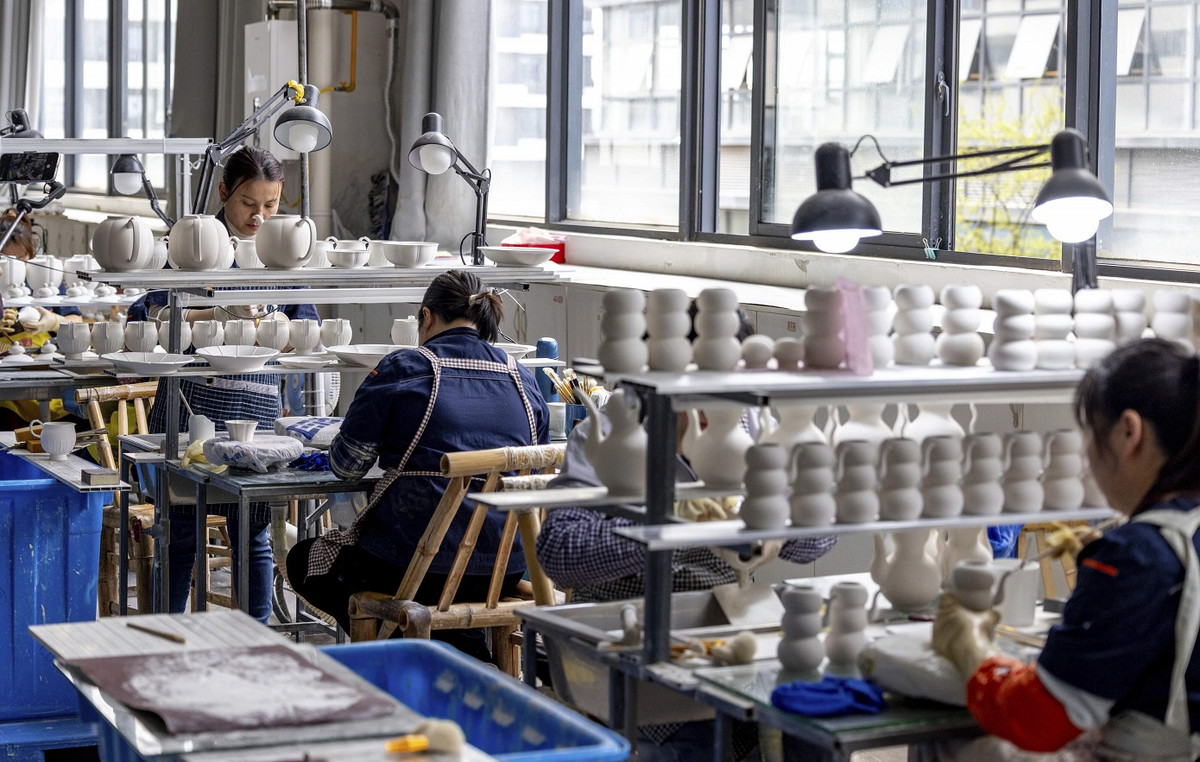Biologically, men and women have different physical characteristics and one of them is the way their bodies deal with the cold. Both women and men have core body temperatures of 37°C, but women’s temperatures are slightly higher, averaging 37.2. Despite this, the biggest difference is in skin temperature, studies have identified.
Generally, men feel more comfortable with an ambient temperature of 21º Celsius, while female bodies do better with a temperature of 25º.
Another factor that impacts body temperatures are hormones, which are even more different due to the menstrual cycle. Women have higher levels of estrogen, which dilates blood vessels causing body heat to escape after increased blood flow.
Men, on the other hand, deal with much more testosterone, which is also responsible for regulating body temperature, in addition to developing male sexual organs, producing sperm, deepening the voice, producing hair and developing muscles. With a low level of this hormone, the individual may have a greater sensitivity to cold.
In addition, after childbirth it is common for women to have episodes of shivering called “postpartum chills”. During menopause, estrogen levels drop, this can result in hormonal fluctuations that cause sudden hot and cold sensations. Contraceptives can also increase body temperature by altering the regular temperature, causing more sensitivity to cold.
A study published in 2017 by the University of Utah revealed that women’s hands are colder than men’s. This is because women have more body fat, protecting their vital organs but limiting blood flow in extremities such as hands and feet.
In an interview with the “Glam” portal, doctor Rob Danoff explains that men have more muscle mass and this generates more heat through the skin, keeping them warm.
“As women normally have less muscle mass and less heat evaporates through the pores of their skin, they can feel colder than men in a room with the same air temperature,” he said.
Metabolism can also play a role. Generally, men have higher metabolic rates than women, according to a study called “Energy and Building.” A slower metabolism produces less heat. For this reason, it is common for people to feel colder as they age.
Men burn 23% more energy than women, so they are more comfortable in cold temperatures, according to an article in the “Journal of Applied Physiology”
Source: CNN Brasil
I am an experienced journalist and writer with a career in the news industry. My focus is on covering Top News stories for World Stock Market, where I provide comprehensive analysis and commentary on markets around the world. I have expertise in writing both long-form articles and shorter pieces that deliver timely, relevant updates to readers.







